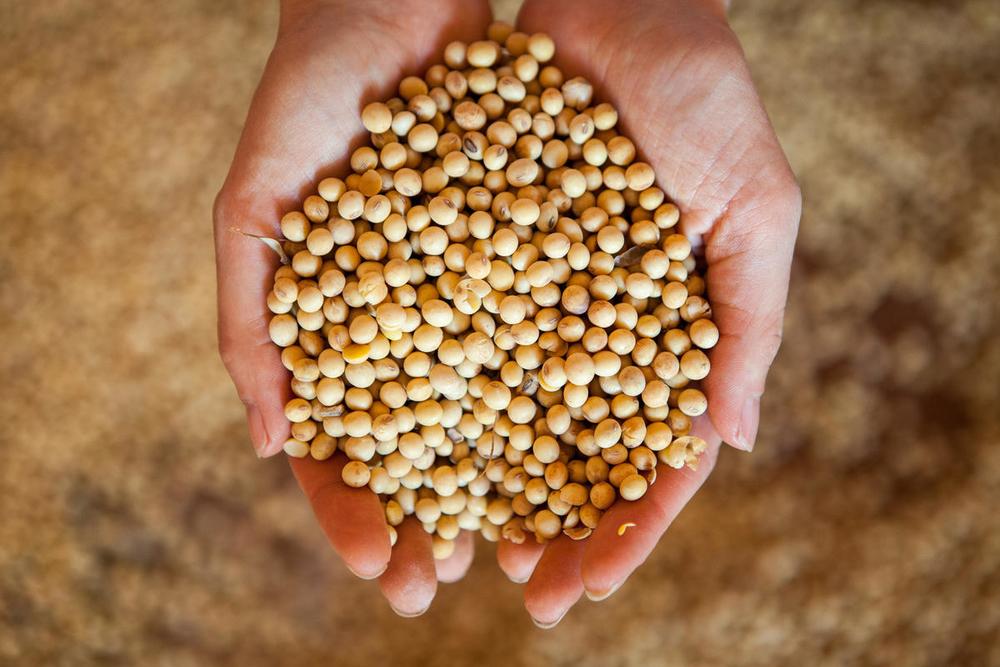The expansion of soy bean farms (plantations) has led to vast areas of deforestation and destruction of natural habitats, thereby driving the loss of biodiversity in some of the world’s most precious places like the Amazon and the Cerrado in Brazil.
Much of this deforestation is unnecessary. There are more than 25 million hectares, an area larger than the size of the UK, of degraded or abandoned land that could be used to produce soy, without the need for any more clearance of native vegetation.
Over 75% of all soy produced is used to feed animals and therefore is embedded in the food that we eat like meat, cheese, milk and eggs. As the global appetite for meat and animal products grows, this fuels further demand for soy beans and puts greater pressure on valuable forests and savannahs.

The UK is an important market for soy beans. We import around 3.3 million tonnes of soy per year, requiring an overseas land area of nearly 11 times the size of Greater London to grow it. Of this soy, 77% comes from locations with high deforestation risk, including vulnerable ecosystems in South America.
Given our large overseas footprint, the UK must act on our responsibility to end soy-driven deforestation. We’re working with everyone in the soy food system to make this happen including getting commitments from our major supermarkets to stop deforestation by only stocking products made with sustainable soya, so that we as shoppers don't have to buy products linked to deforestation and habitat destruction.
